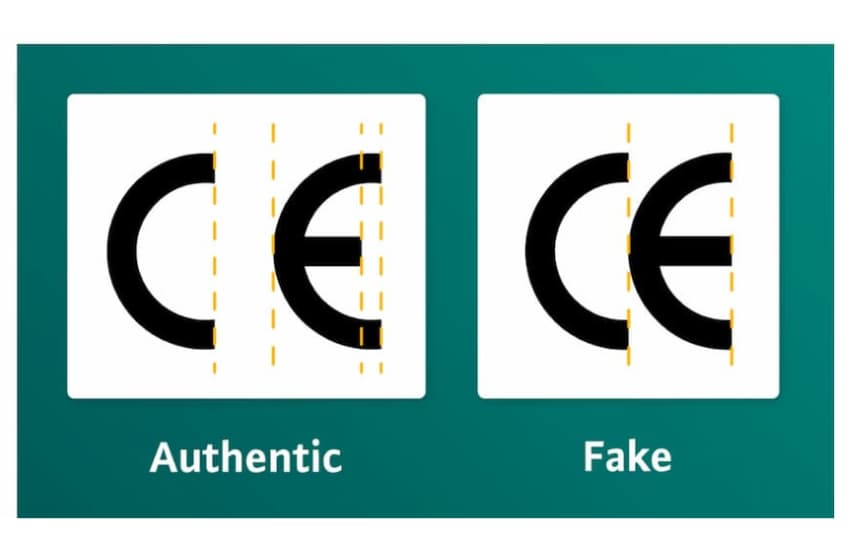
In a recent alert that has stirred the heating and ventilation industry, Wilo has warned heating installers about the proliferation of counterfeit domestic heating circulator pumps. This comes on the heels of a startling discovery by the Office of Product Safety and Security (OPSS), which found that a staggering 85% of domestic heating circulators inspected in the last year failed to comply with industry standards. The OPSS’s 2022-2023 delivery report further revealed the delisting of 38 domestic heating circulation pumps from sale due to non-compliance issues.
This situation has raised concerns across the board, from manufacturers to distributors and, most importantly, installers, who play a crucial role in ensuring that homes are equipped with safe and efficient heating systems. Wilo, a leading manufacturer in the sector, is taking a proactive stance by urging installers to verify the authenticity and compliance of pumps before installation.
The Risks of Non-Compliance
The implications of installing non-compliant heating circulation pumps extend beyond mere regulatory infractions. Often lacking in quality and efficiency, such pumps pose significant risks to consumer safety. They may prematurely fail, incur higher operational costs, and, in worst-case scenarios, become hazardous. Wilo’s Managing Director, Lee Tebbatt, emphasises the critical nature of this issue, highlighting the dual risks of safety to the public and legal ramifications for those found distributing or installing these products.
Identifying Genuine Products
In response to this growing concern, Wilo has guided distributors and installers on identifying compliant pumps. Key recommendations include:
Verifying CE Markings:
The CE mark is a declaration by the manufacturer that the product meets EU safety, health, and environmental requirements. However, caution is advised as counterfeit marks, including those closely resembling the CE mark but indicating “China Export”, are common on non-compliant products.
Purchasing from Reputable Manufacturers:
Ensuring that the product comes from a known and reputable manufacturer can significantly reduce the risk of encountering counterfeit goods.
Assessing Price Points:
Products priced significantly lower than comparable models on the market should be approached with scepticism, as this often indicates a compromise in quality or compliance.
What Installers and Distributors Can Do
Awareness and vigilance are the first lines of defence against the influx of non-compliant heating circulation pumps. Wilo advises installers and distributors to:
Check for Proper Certification:
Look for the pump’s CE marking and verify its authenticity. The O&M manual includes a Declaration of Conformity for Wilo products, detailing compliance with relevant European and UK standards.
Report Suspicious Products:
If there are doubts about a product’s compliance, contact the Office of Product Safety and Standards to report and investigate the matter.
Educate Themselves and Others:
Familiarise yourself with the characteristics of genuine, compliant pumps and share this knowledge within the industry to prevent the spread of non-compliant units.
The Broader Implication
The revelation by the OPSS and the subsequent warnings from Wilo and the British Pump Manufacturers Association (BPMA) shed light on the pervasive issue of non-compliant pumps in the UK market. This situation underscores the need for stringent regulatory measures and active participation from all stakeholders in the supply chain to ensure the safety, efficiency, and reliability of heating systems installed in homes across the country.
As the industry grapples with these challenges, the collective efforts of manufacturers, distributors, installers, and regulatory bodies are crucial in mitigating the risks associated with non-compliant heating circulation pumps. By adhering to recommended practices, verifying product authenticity, and fostering a culture of compliance, the industry can safeguard against the potential hazards posed by counterfeit products and uphold the highest safety and quality standards in home heating solutions.
Related Articles
- First Dedicated Heat Pump Apprenticeship Launched
- Heat Pump Applications Skyrocket Following Government Grant Increase
- City Plumbing Partners with Viva for Gas and F-Gas Training
- A Record Year for Heat Pump and Solar Installations
- Training for the Future: Renewable Energy Training for Beginners

